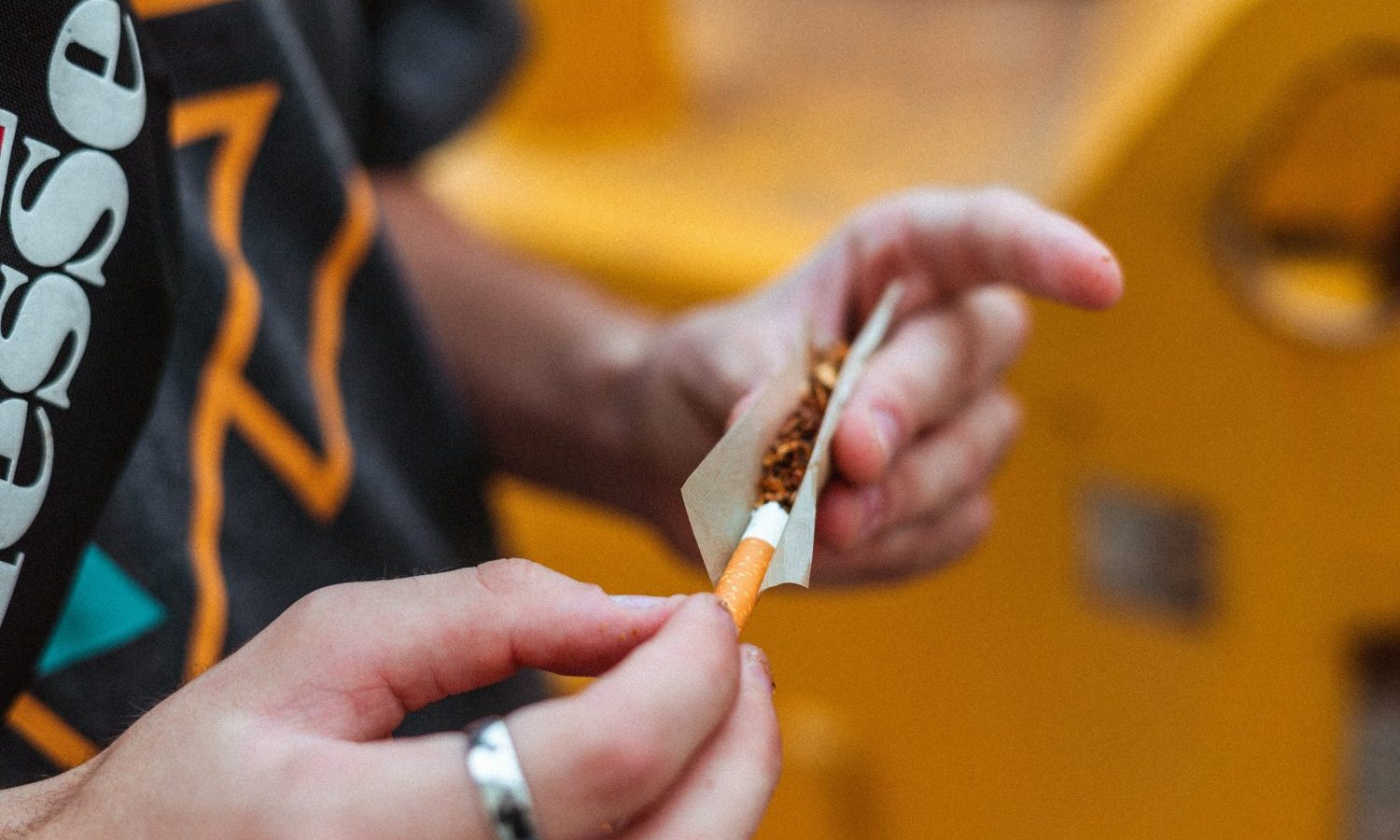It may be too late for real justice for the tens of millions of victims of marijuana prohibition, but it certainly is not too late for us to learn from our mistakes.
Disclaimer: The views expressed in this article solely belong to the author and do not necessarily represent those of The Fresh Toast.
Following the recent unpleasantness in American politics, especially the mob attack on the U.S. Capitol, there has been talk about the need for a commission on Truth and Reconciliation, similar to the South African effort following the end of Apartheid.
Unsurprisingly, the losing side seems more interested in “reconciliation” than in the “truth.”
Similarly, the Drug Warriors on the “losing side” in the war on marijuana users would rather pretend that it never happened. Let’s not talk about it.
It may be too late for real “justice” for the tens of millions of victims of marijuana prohibition, but it certainly is not too late for us to learn from our “mistakes.” Today we think of Canada as a pioneer in marijuana legalization, but it wasn’t always that way.
On January 10, 2005, Canada’s National Post and other newspapers, including the Vancouver Sun, both of which were anti-prohibitionist, carried articles by Jack Aubry, with an interesting choice of headlines and emphasis.
SEE: The History Of CBD: A Brief Breakdown of Hemp & Cannabis in America
The Post chose “Teens See Marijuana As Less Harmful Than Cigarettes” while The Sun and some others chose “Pot Easier To Get Than Cigarettes, Students Say.”
Health Canada had spent C$56,000 on a report based on 16 focus groups divided into three age categories — 10-12, 13-15 and 16-19. They were in Toronto, Montreal, Regina and Halifax, but not Vancouver, an interesting omission, since marijuana was “almost legal” there.
Frankly, I have serious doubts about asking teens (or adults for that matter) questions about cannabis and getting straight answers, even now, but especially in 2005.
The reporter explained, “The report was prepared for Health Canada’s bid to help teens develop coping and refusal skills.”
It seems that Canadian teens perceived cannabis as being less harmful than cigarettes! Of course, this was viewed with alarm, and “Federal Report Finds Lack Of Information On The Health Consequences” was the inevitable sub-header.
Oh really?
Or perhaps they had read The Science of Marijuana, by Dr Leslie Iversen of Oxford University’s department of pharmacology. As the Independent reported in 2000, Iverson found “many ‘myths’ surrounding marijuana use, such as extreme addictiveness, or links with mental illness or infertility are not supported by science.

He also found cannabis is an inherently safe drug which “does not lead to cancer, infertility, brain damage or mental illness., because of the effective messages that participants have been exposed to on the health effects of cigarettes and second-hand smoke relative to those of marijuana.”
SEE: Oxford Pharmacologist, Fellow of the Prestigious Royal Society, Says Marijuana Safer Than Aspirin
Or perhaps they had not. Aubry also reported that the teens in the focus groups thought that marijuana smokers do not know the adverse effects of the substance “aside from killing brain cells or making ‘users’ lazy” and do not understand the health reasons why they should stop smoking it. (I could not find the study itself online, but Aubry put in the quotation marks.)
According to a study by the Canadian Centre for Addiction and Mental Health: in 1992, of Ontario health systems costs related to all “drugs” only .05% were related to cannabis. And 2% were related to all of the other illicit drugs. However, alcohol accounted for 28.4%, and tobacco accounted for a whopping 69%!!
Ten years later, in June of 2002, Dr. Patrick Smith of the Centre for Addiction and Mental Health told the Canadian Senate Special Committee on Illegal Drugs, “If we discovered three drugs today and they were alcohol, tobacco and marijuana, there isn’t an expert in the country who would recommend that marijuana be the one that is banned based on individual and societal harm.”
SEE: Marijuana Is Replacing Alcohol During The Pandemic And May Have Long Term Benefits
Aubry also quotes the report as saying, “Participants generally felt that the only exposure they had received on issues dealing with marijuana were communications on the legalization of the substance or the use of marijuana for medicinal purposes.”
If that was true, it would have to be because the teens had simply tuned out all the reefer madness pushed by the Canadian police. There was certainly no shortage of prohibitionist propaganda in Canada. Health Canada didn’t have a monopoly.
A poll released in November of 2004 reported that almost 30% of Canadian teens 15- to 17-years old and 47% of 18- and 19-year-olds had used marijuana in the past year.

Of course, this was and is substantially higher than in the Netherlands, but no one ever considered that, not even after the teens in these focus groups observed that “the easier access to marijuana is ironically due to the legal age limit for smoking cigarettes and the fact that you have to buy cigarettes through traditional outlets, such as corner stores.”
In other words, cannabis prohibition is a counterproductive fraud.
SEE: Dutch among lowest cannabis users in Europe-report (2009)
But it worked for Health Canada. A spokesman for Health Canada, said HC was following the report’s recommendation to create separate messages regarding smoking tobacco and marijuana “because teens perceive them as two different things.”
But HC is still in the same business. SEE: Health Canada concerned too much cannabis is being grown at home (Dec 2020)
Richard Cowan is a former NORML National Director and author of “What All Should You Know About CBD Gummy Bears”


